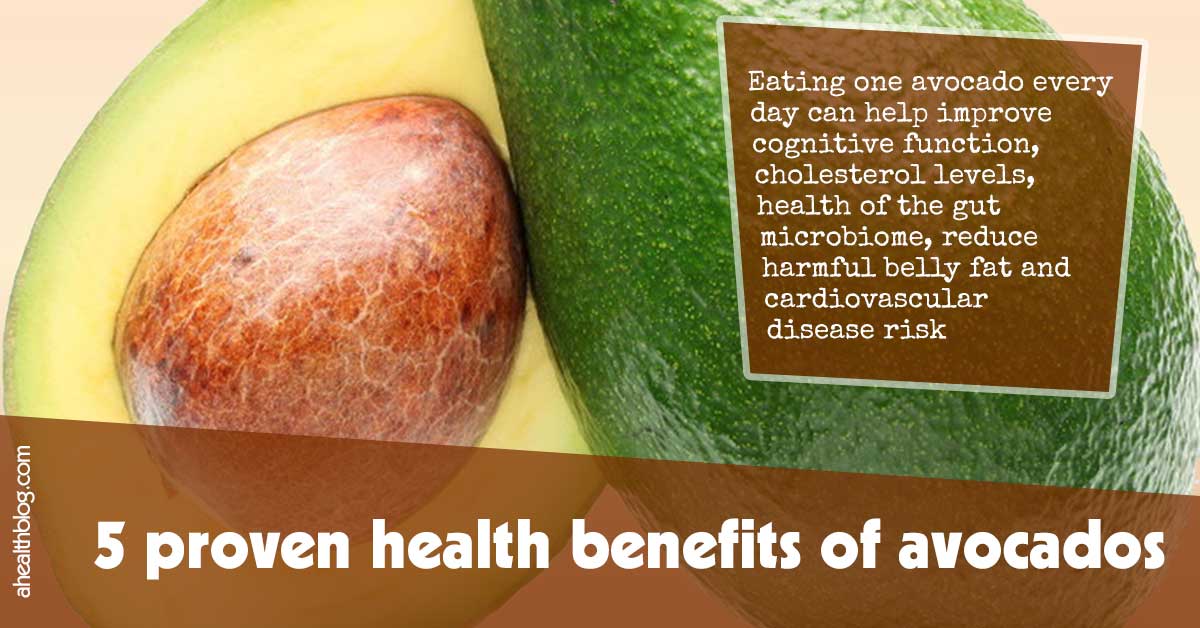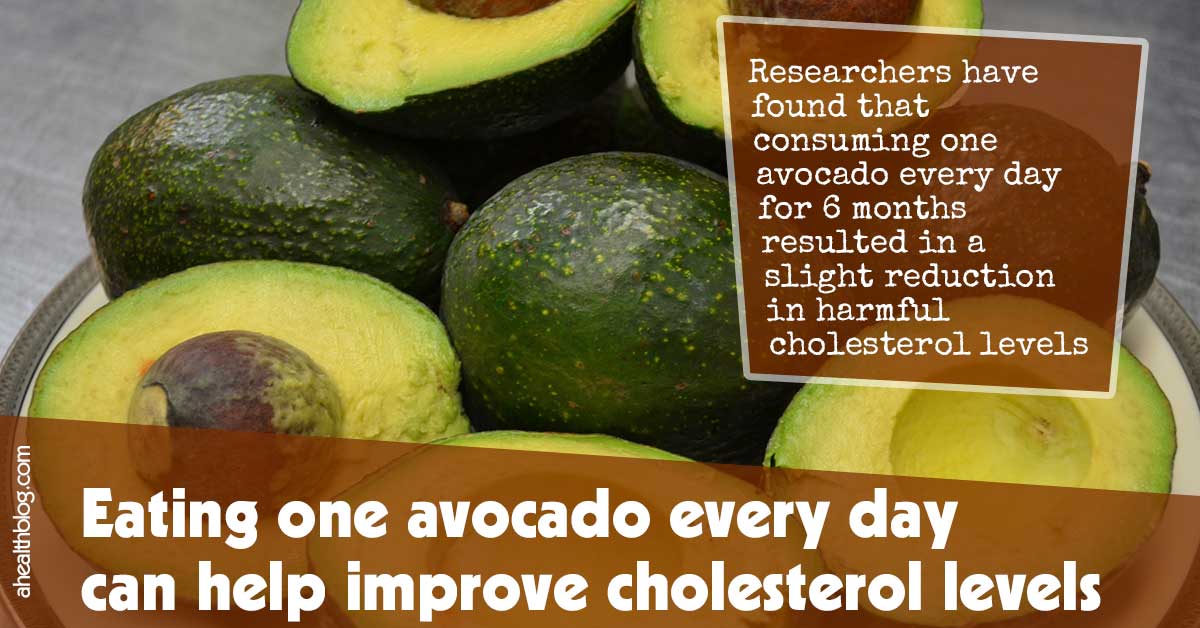1. Eating one avocado every day can help improve cholesterol levels
Researchers have found that consuming one avocado every day for 6 months resulted in a slight reduction in harmful cholesterol levels.1✅ JOURNAL REFERENCE
DOI: 10.1161/JAHA.122.025657
Including an avocado every day didn’t lead to weight gain and also resulted in a slight reduction in LDL cholesterol.
The researchers carried out a 6-month study involving over 1,000 obese or overweight individuals, half of whom were told to consume an avocado every day while the other half carried on consuming their normal diet and instructed to limit consumption of avocados to less than 2 each month.
Abdominal fat and fat surrounding other organs were precisely measured making use of MRI before the study and at the conclusion.
Although one avocado a day didn’t result in abdominal fat and other cardiometabolic risk factor improvements that were clinically significant, eating 1 avocado every day also didn’t result in body weight gain, and total and LDL-cholesterol was slightly reduced.
It was also found that daily avocados reduced total cholesterol by 2.9 mg/dL and reduced LDL cholesterol by 2.5 mg/dL.
Another study found that eating one avocado every day was linked to a reduction in low-density lipoprotein cholesterol levels, particularly small, dense LDL cholesterol particles, and oxidized LDL cholesterol in obese or overweight individuals. Bad cholesterol can mean both oxidized LDL cholesterol and small, dense LDL cholesterol particles.2✅ JOURNAL REFERENCE
DOI: 10.1093/jn/nxz231
The researchers found that when 1 avocado was included every day in their diet, participants had fewer small, dense LDL cholesterol particles compared to before the diet. Small, dense LDL cholesterol particles are especially harmful for promoting artery plaque buildup.
The study discovered that avocados helped decrease oxidized LDL cholesterol particles. Just like the way food is damaged by oxygen, such as an apple turning brown after being cut, oxidation is also harmful to the human body.
The researchers enlisted 45 obese or overweight individuals to participate in the study. All individuals adhered to a 2-week “warm-up” diet at the start of the study which resembled the average diet allowing all individuals to start the study on equivalent nutritional “footing.”
Each individual then completed 5 weeks of 3 different intervention diets randomly ordered. Diets included a low-fat intervention diet, a moderate-fat intervention diet, as well as a moderate-fat intervention diet that included 1 avocado every day. The avocado-free moderate-fat diet was supplemented with additional healthy fats to correspond to the avocados’ monounsaturated fatty acids.
After the avocado diet had been followed for 5 weeks, individuals had significantly reduced oxidized LDL cholesterol levels compared to before the start of the study or after the low- and moderate-fat diets were completed. Individuals also had higher lutein levels following the avocado diet.




